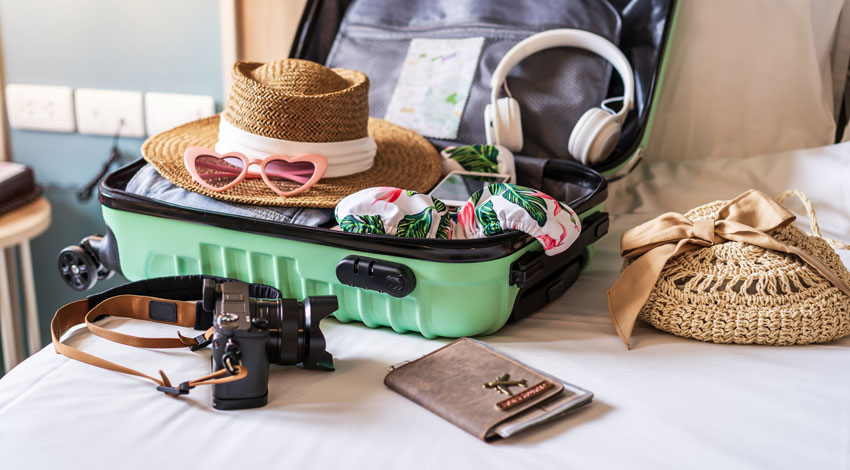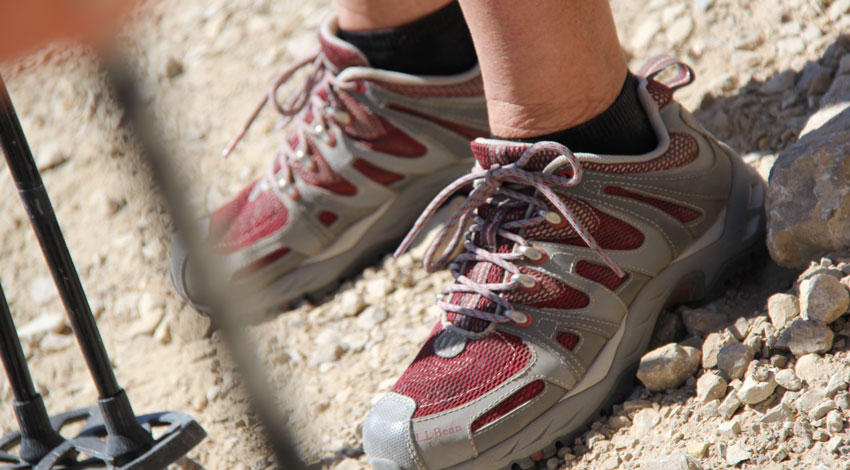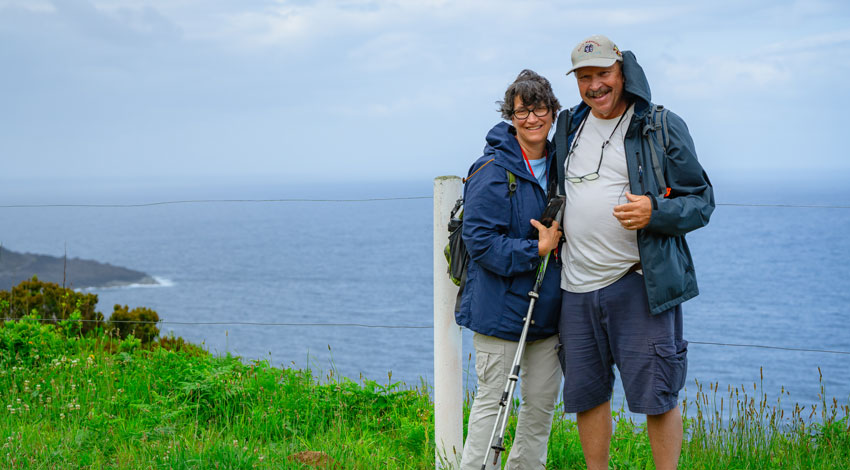What to Bring: Road Scholar’s Packing List for Europe
A learning adventure in Europe could mean many things. Maybe your journey will take you to Spain to explore exciting cities like Barcelona and Madrid. Or perhaps you’ll head for Greece, a land full of myths, history and magnificent natural landscapes. You might even experience several countries on a riverboat or ocean voyage, like on an adventure sailing around the Baltic Sea.
Your setting and experiences might vary, but there are some things that remain the same no matter where you’re headed in Europe. Here are some of our Europe travel essentials to make your learning adventure as easy and enjoyable as possible.

A Lightweight Carry-On
If it’s possible, there are many benefits to only bringing a carry-on for your European experience. Not only do you decrease the risk of airlines losing your luggage, but packing a carry-on also limits what you can bring, which can be a good thing if you need to carry your luggage around airports or in between travel stops. Bags with wheels can be especially convenient, but if you’d prefer to have your hands free while in transit, there are many convenient backpack or shoulder bag carry-ons on the market. If you don’t want to invest in a new suitcase or pack right away, consider borrowing from a friend!
Whether you’re bringing a carry-on or checking a bag, try to minimize what you’re packing. This will make transporting your luggage easier, and it will also leave you room for any souvenirs you want to bring home!
A Way to Keep Your Valuables Secure
No matter where in the world you’re headed, it’s important to keep your valuables secure. But that can be difficult when you have a lot of daily essentials — phone, wallet, extra cash, hotel key card — to keep track of. Road Scholars on our Facebook Groups have gotten particularly creative about how they keep track of their day-to-day valuables — many recommend a crossbody bag or purse, and some also suggested vests with lots of pockets, similar to those photographers wear, to keep everything close at hand. Still others said that they used wrist wallets or waist packs. Consider what you’re already using in your day-to-day life, and perhaps bring one or two options for transporting your valuables, in case you find you prefer one option over another.

Comfortable Shoes
Whether you’re walking the streets of Paris or through the English countryside, you’ll likely find that your daily step count will be high. You may also be walking on gravel trails, cobblestone streets and narrow staircases, so shoes that keep you comfortable and secure are key. For some adventures, hiking boots might be a good idea, but for most programs, a good pair of sneakers will be perfect.
An Electric Power Adapter
Many countries use different formats of electrical sockets, so an adapter will be key to charge and use any and all electrical devices that you bring along, from your phone charger to hair-styling tools. If you’ll have several electrical items you might want to use or charge at once (for example, a laptop and a phone or a camera with rechargeable batteries), consider bringing more than one adapter.
Packing Cubes
If your European learning adventures includes multiple stops, potentially in different countries, you probably won’t have much time to unpack at each hotel. Packing cubes can help organize your suitcase or bag, and, as a Road Scholar in one of our Facebook Groups pointed out, if you organize them by outfit, you can just pull out one packing cube at each stop, instead of unpacking and repacking everything.

Participants have on windbreakers for a hike in Portugal
Layers of Clothing
Speaking of clothing, weather can vary wildly depending on where in Europe you’re headed and the time of year. Research the typical weather of a region before you pack, and try to include outfits with layers so you can bundle up or remove a layer throughout the day. Rain jackets can be especially versatile — they can act as a waterproof layer, a windbreaker and offer pockets for storage.
Accessories
You generally don’t need formal outfits or dressy options for dinners on Road Scholar programs, unless specified in your program info. In the spirit of packing light, if you do want to dress up an outfit, try doing so through accessories. Jewelry, scarves and shawls are all lightweight and easy to fit into a suitcase, and they can add a little something extra to an outfit if you’d like to change it up.
In addition to these must-haves for a Europe trip, it’s also a good idea to check and make sure you have all your required documentation. You will receive information about these requirements and specific packing suggestions with your program information, but you can also learn more on the program page under “Travel Information” and by consulting with your doctor.
Feeling inspired? Check out our learning adventures across Europe on our website.
